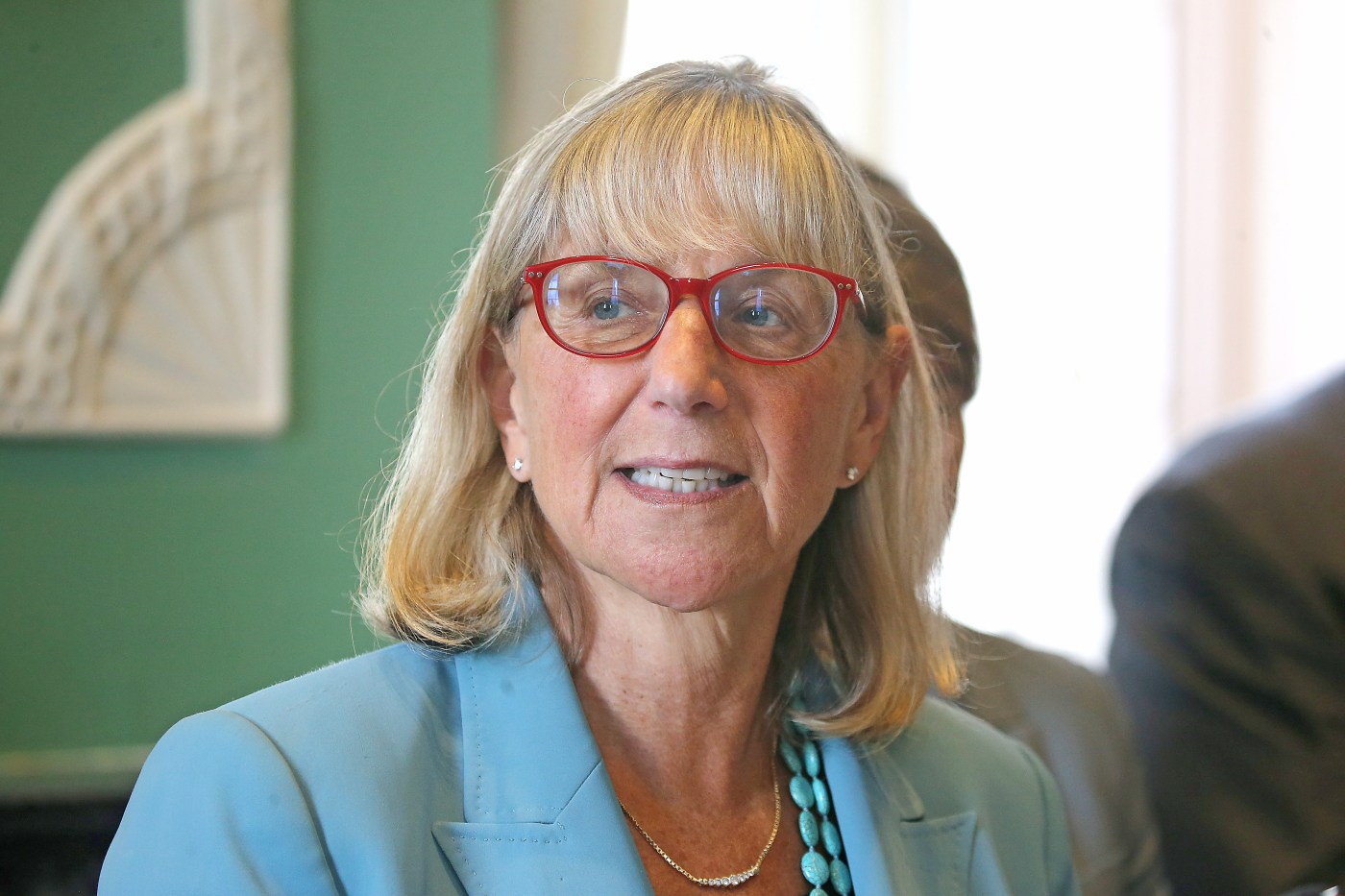
Lawmakers sound off on college campus protests, arrests
Some campus protests are crossing the line, lawmakers say.
Protesters have a right to voice their opinions about the situation on the ground in Gaza, but not so vociferously their protests cross the line into antisemitism or law breaking, according to a pair of Bay State politicians asked about recent crackdowns on college campuses seen nationally.
Lawmakers from Beacon Hill and Capitol Hill both expressed concern over the apparent rise of antisemitic incidents against Jewish students and faculty on U.S. college campuses in the weeks and months since Hamas backed terrorists attacked Israel and prompted a now half-year old war resulting in tens of thousands of civilian deaths.
Those calls of concern grew louder in recent days, after students began building encampments on college campuses across the country in support of Palestinian civilians in Gaza, calling on their universities to divest from Israeli investments.
Some states and local governments, including in Massachusetts, ordered the protesting students to disperse before the camps were cleared by law enforcement. Police arrested hundreds of students and dozens of faculty members at Columbia University in New York, at schools in Arizona, Texas, California, Michigan, and elsewhere.
Massachusetts Senate President Karen Spilka, who is Jewish, said that she “firmly believes” in the first amendment rights of protesters to assemble and speak out for change, but that a protester’s constitutionally protected rights don’t permit law breaking.
“I believe people have the right and should be allowed to do that but — like anything else — people should be obeying the laws,” Spilka told WBZ.
The more than 100 people arrested by the Boston Police Department while camping on public property adjacent to Emerson College were told what the rules were in the city regarding tents and they were warned about blocking “ingresses and egresses” before the police moved in, Spilka said
“I’m a firm believer in peaceful protesting, and that’s the way that it should go,” she said.
Protesters became less than peaceful when their attempts to bring attention to victims of violence overseas created victims on campus, U.S. Rep. Stephen Lynch said. This particular round of protests, he said, “embody threats, as well, especially to Jewish students.”
“They’re fearful, a number of them have been threatened. There is something different going on here. This is not — in previous protest, there was a protest against an idea or an action, but this is actually a protest where there are victims on campus and aggressors on campus,” Lynch said told WCVB.
Some Jewish students Lynch has spoken to, he said, have removed the Mezuzah from their dorm room door frames out over fears of retaliation from anti-Israeli students. Some have had to leave campus. The primary job of university administrators is to provide a safe place for students to live and learn, the south Boston congressman said.
“When you see students starting to come home or saying ‘mom, dad I don’t feel safe on campus,’ that is sad, that’s a failure of the administration,” he said.
Congressman Stephen Lynch (Matt Stone/Boston Herald/File)


